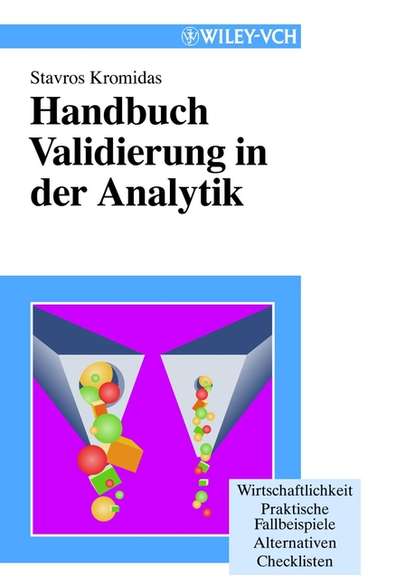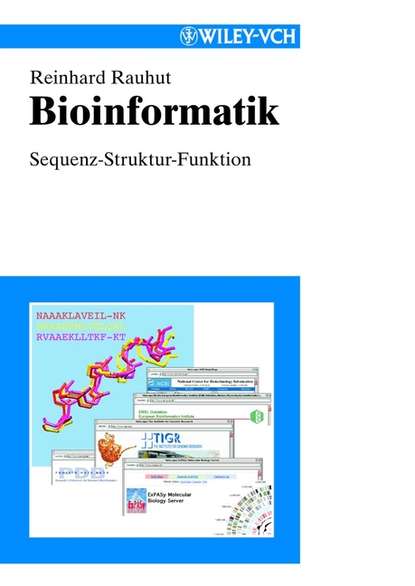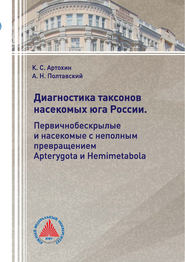Fundamentals of Environmental Sampling and Analysis
Полная версия
An integrated approach to understanding the principles of sampling, chemical analysis, and instrumentation This unique reference focuses on the overall framework and why various methodologies are used in environmental sampling and analysis. An understanding of the underlying theories and principles empowers environmental professionals to select and adapt the proper sampling and analytical protocols for specific contaminants as well as for specific project applications. Covering both field sampling and laboratory analysis, Fundamentals of Environmental Sampling and Analysis includes: A review of the basic analytical and organic chemistry, statistics, hydrogeology, and environmental regulations relevant to sampling and analysis An overview of the fundamentals of environmental sampling design, sampling techniques, and quality assurance/quality control (QA/QC) essential to acquire quality environmental data A detailed discussion of: the theories of absorption spectroscopy for qualitative and quantitative environmental analysis; metal analysis using various atomic absorption and emission spectrometric methods; and the instrumental principles of common chromatographic and electrochemical methods An introduction to advanced analytical techniques, including various hyphenated mass spectrometries and nuclear magnetic resonance spectroscopy With real-life case studies that illustrate the principles plus problems and questions at the end of each chapter to solidify understanding, this is a practical, hands-on reference for practitioners and a great textbook for upper-level undergraduates and graduate students in environmental science and engineering.
- О книге
- Читать






















